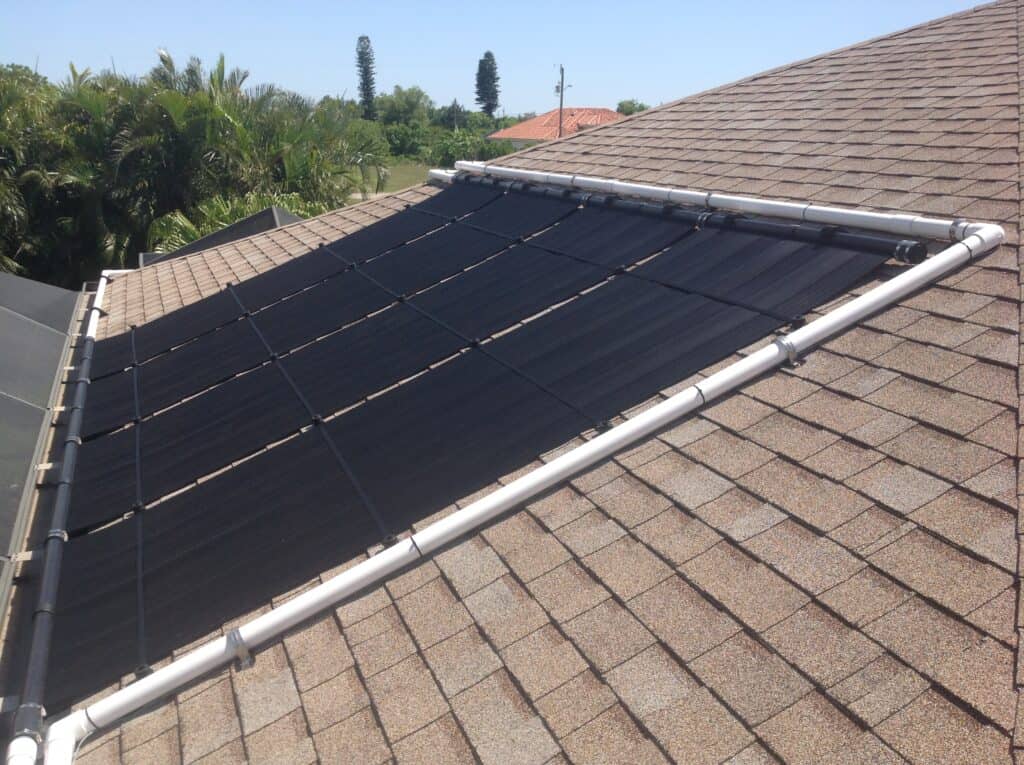Do I Need a Pool Heater?
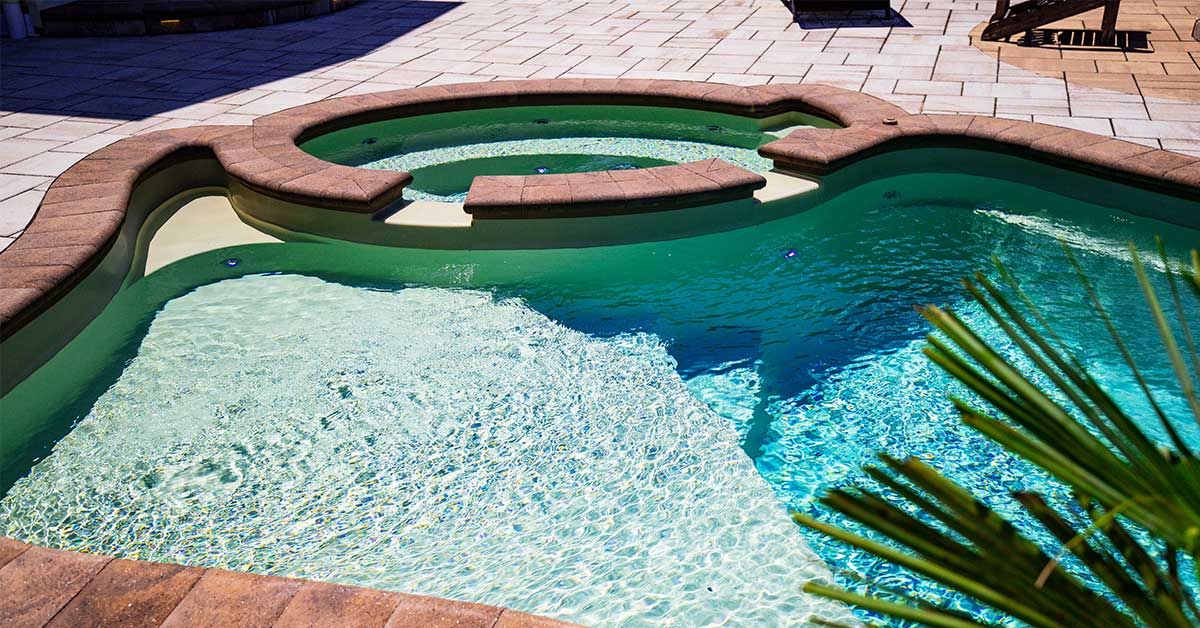
Are Pool Heaters Worth the Cost?
Pool heaters do not fit everyone’s targeted pool budget, they increase home utility costs, and are most beneficial in specific climate zones. Therefore, they are not for everyone. If you’re reading this blog, chances are you are at least considering a swimming pool design with a heater at this point. You may be questioning if you would utilize the heater and how much it will increase your utility bill. With that said, if you do your research, talk to local pool owners and neighbors who have pool heaters, and ultimately decide to implement one into your swimming pool system, there’s a strong probability you will not regret it. In the end, don’t you want to enjoy your pool as much as possible?! Here at Solid Structures in the Virginia Beach/Chesapeake area of Virginia, we strive to make your backyard living space as enjoyable as possible.
“I really wish I didn’t have my pool heater installed!” – Said no pool owner ever
“I was in the pool!” – Said George Costanza after being in a cold pool
Bottom line up front: swimming pool heaters are a relatively inexpensive add-on feature to maximize the overall use and comfort of your pool. Yes, you can always add a pool heater and plumb it into the system at a later date (assuming there’s a placeholder location in close proximity to the equipment pad). Perhaps experiencing your new pool without a pool heater for a swimming season or two will help you rationalize the decision. However, it will always be less expensive to have everything done at once during the initial install.
Let’s also get this somewhat obvious point out of the way…if you are considering a pool/spa combo installation, a gas pool heater is the best choice for instantaneous hot water on-demand year-round…especially if planning to use the spa in colder temperatures.
“But won’t my utility costs skyrocket?!” The utility bill will increase (electric or gas depending on your pool heater type), but only relative to the duration that you want to maintain a constant temperature and what temperature fits your desired comfort level. Therefore, don’t assume the worst utility bill imaginable. Think of it like heating or air conditioning for your home. You could jack up that heating bill pretty high in the Winter if you keep your home at 76 degrees F all day with drafty doors and windows, right? Of course…but is that really needed? Maybe you only need your home heated to 69 degrees during the day and 65 degrees while sleeping to be comfortable. The same applies to pool heaters. Be strategic when employing your pool heater to maximize effect while keeping operating cost to a minimum. Automation systems help you with this because you can program, monitor, and adjust your pool heater’s run-time via your smartphone (optional) and fiberglass pools have excellent insulation value to maintain the temperature of heated water longer than other pool shell types.
Alright, with that said…let’s run through some hypothetical pool heater usage scenarios, shall we?
Extending the Pool Swimming Season with a Heater
Main takeaway: Pool heaters equal more pool usage throughout each year.
Depending on where you are located or how much direct sunlight your pool receives, there’s likely at least 2 months out of the year where the weather produces those bright sunny and warm days, but your pool water has not even reached 70 degrees Fahrenheit yet. This likely yields one of two possible outcomes…either someone takes the cold plunge and regrets they did -OR- no one gets in the water and the pool remains unused until the ambient air and sun heat the body of water. Oh, right!…if you consider sitting on the edge and putting your legs in the water “pool usage,” that’s a fair argument.
Pool heaters extend the pool season and allow you to dial in the most comfortable temperature for yourself and loved ones. Just don’t set the temp too high because “Ways to Quickly Cool Your Pool” is a completely different blog topic!
Does this mean your pool heater needs to be activated 24/7 to maintain a specific temperature for those months that require heating? It could…especially if you plan on using the pool very frequently and sporadically want that heated luxury. Some automation systems are even programmed to turn the pump on for a few moments when the pump schedule is normally off to “sample” the water temperature and heat the pool to the targeted temperature if there is a call for heat. This ensures not too much heat is lost when the pool system is off (applicable to those who do not run their filtration system constantly).
Noteworthy is that some fiberglass pools comprise an insulation layer that allows the pool shell to retain heat over time, maintaining the warm water more than other pool types such as concrete or vinyl liner shells.
Keeping the pool constantly heated in the cooler months is not for everyone. Work schedules, school, and ideal weather conditions limit pool usage for many people, right? On-demand heating may be right for you. Learn more in the subsequent section.
On-Demand Pool Heating
Main takeaway: Heat the pool only when you plan on using the pool.
As mentioned above, pool heaters can be set to maintain a specific temperature, similar to setting your home’s HVAC system. With a pool heater, you can determine which day(s) would likely result in pool usage according to the weather forecast and your schedule/availability to actually use the pool. Said differently, heat the pool only when you plan on using it to cut utility cost! Depending on how many gallons your pool is, you’ll learn how long it takes to raise your pool a certain number of degrees and plan ahead for it.
Automation systems allow you to begin heating the pool or spa from a remote location…let’s say while you are at work, on the way home from a long road-trip, or when you receive late notice that you’ll be hosting weekend guests.
Heating the Water for Night Swimming
Main takeaway: Night swimming may be less desirable without a heater.
Regardless of the time of year, having the pool warmer at night (or at least pumping warm water out of the return jets for a short period of time) is an absolute luxurious feeling. If you plan on doing some night swimming, kick that heater on and bump the temperature up a few degrees. Then, shut it off when you are done. It’s that simple. You can even send all heated water to a water feature, like a cascade waterfall or laminar jet for an added touch during those summer nights. So yes, pool heaters are not only for those cooler months.
Heating Pool to Accommodate Other’s Comfort Level
Main takeaway: It’s not just about you and your comfort!
Let’s face it…if you have a pool you are likely hosting more family, friends, neighbors, and guests in general. Having a cold pool due to a heavy rain storm or cool nights the days leading up to an event could mean that no one would want to go swimming. A pool heater is going to make you the hero.
Financing Your Utility Costs
Main takeaway: You may not experience utility cost shock.
Unofficial Disclaimer: This is not a financial advisement blog and Solid Structures assumes no responsibility with mis-managed monetary spending. Ok, now we can press forward…
Many utility companies (electric and gas) now have what’s often referred to as “budget billing.” Therefore, if the utility cost to operate a pool heater on a monthly basis has you concerned, think about financing those spiked months over the course of the year with “budget billing” utility payment programs. For example, if you are between Spring and Summer and the pool just isn’t quite warm enough yet, heat that baby up! Your utility costs for those few weeks will rise, but the cost will roll into your fixed monthly pricing, spreading the cost out over the year instead of all up front at once.
Again, if you only heat the pool when you plan on enjoying it, you might not experience the shock and awe associated with increased utilities. Much like other home appliances, pool heaters have become more and more efficient over time…and as mentioned previously, fiberglass pools have an insulation layer built in to help retain the heat.
Primary Types of Pool Heaters – Which Type is Best for You?
Gas Heaters
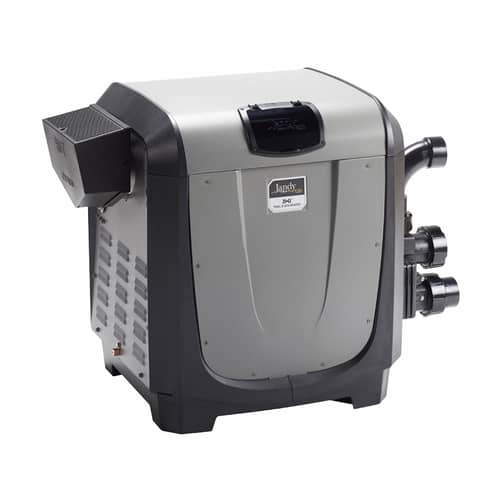
Pros:
- Heats quickly
- Achieves the highest temperature change (104+ degrees F)
- Enables pool/spa combos or standalone in-ground spas
- Works extremely well for fiberglass pools due to their typical lower water capacity compared to larger concrete/vinyl counterparts (Note: Consider reading our “Why You Should Consider Fiberglass Pools” article)
- Comes in different sizes relative to BTU output for your specific size pool/spa (Note: In general, a higher BTU rating also heats faster.)
Cons:
- Requires existing natural gas utility or large capacity propane tank (propane is typically twice as expensive)
- Requires additional installer (gas plumber)
- Can be most expensive to operate (if using to maintain a temperature for long periods of time)
- May require a larger gas meter from the city utility company to be able to simultaneously operate multiple gas appliances (e.g., heat your pool, run your fire pit, cook on your stove, and heat your house). From experience, utility companies are happy to work with you on this because in the end they know you will be consuming more gas!
Electric Pool Heater (aka Electric Heat Pumps)
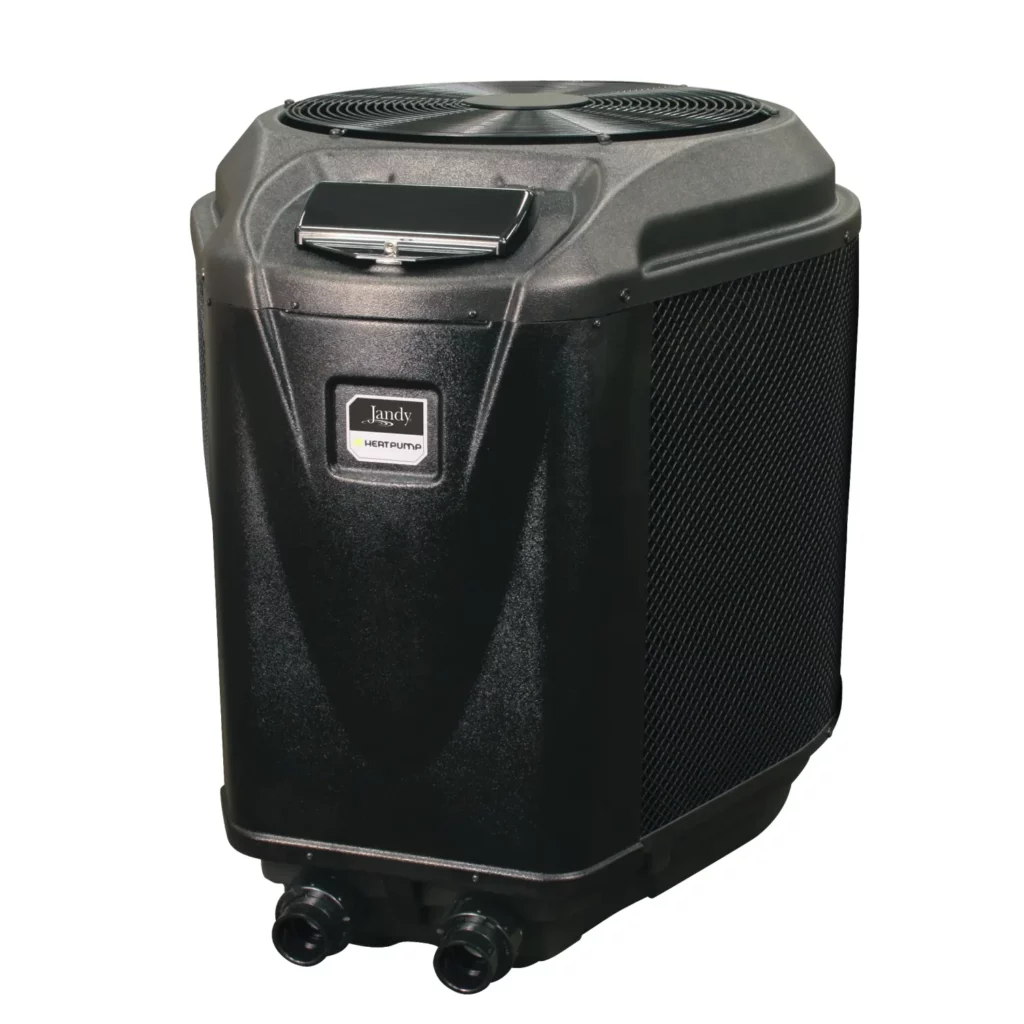
Pros:
- Efficient to maintain temperature once desired temperature is reached
- Electricity is less expensive than gas depending on your methodology of utilizing the pool heater (maintain temp 24/7 vs on-demand heating)
Cons:
- Heat slower than gas
- Heats relative to outside temperature (e.g., expect a water temperature on average of 30 degrees warmer than the air temperature)
- Equipment is higher initial purchase cost
- Not for pool/spa applications
- Utilizes a lot of electricity to achieve initial desired temperature
- Not efficient when air temperatures are below 40-50 degrees F
Solar Pool Heaters
Solar Pool HeaterPros:
- After initial installation cost, there’s no additional utility cost (other than running the pool pump)
- Effective at raising pool temperate on sunny days
- Can automate when water is pumped through the additional plumbing for heating
Cons:
- Not for on-demand applications
- Typically installed on homeowner’s roof (affects home aesthetics and also may cause conflict with potential roof repairs)
- Can take up more surface area than the pool itself to work effectively
- Only effective when sun is shining bright
- Adds strain on your pump forcing water through solar panels
Note: Solar covers are another form of solar pool heating not covered in this article because they aren’t necessarily considered a heating system.
Should I Consider a Pool Heater?
In summary, whether you live in Florida or here in the Virginia Beach/Chesapeake area, pool heaters allow you to maximize your pool usage. Let’s say you do not have a pool heater and you live in a climate where you could gain 3-months of pool usage by having a heater…simple math would tell you that you are then gaining a full year of additional usage every 4-years. That’s a lot of pool usage to not take advantage of. Therefore, get a quote for a pool and/or spa with the best heater for you, talk to your utility companies, and make an informed decision. Solid Structures offers a 3-year warranty on pool heaters as an authorized Jandy dealer.

Written By Scott Prunty
Scott Prunty is the president of Solid Structures. Throughout his 15 active years in the Design-Build Outdoor Living industry, he has earned various certifications in the areas of ICPI Residential, ICPI Advanced Residential, ICPI Commercial, PCIP, and is an ICPI certified instructor.
- 15 years actively in the Design-Build Outdoor Living industry
- ICPI certified Instructor
- ICPI Residential, ICPI Advanced Residential, ICPI Commercial, and PCIP certified
- Imagine Pools certified installer
- Fluidra certified installer
- Trex Platinum Pro
- Avid saltwater person, boating, diving, surfing, fishing

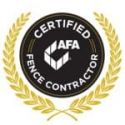






Outdoor Living Redefined. Solid Structures offers full service design build capabilities all under one roof.
179 S Birdneck Rd
Virginia Beach, VA 23451


